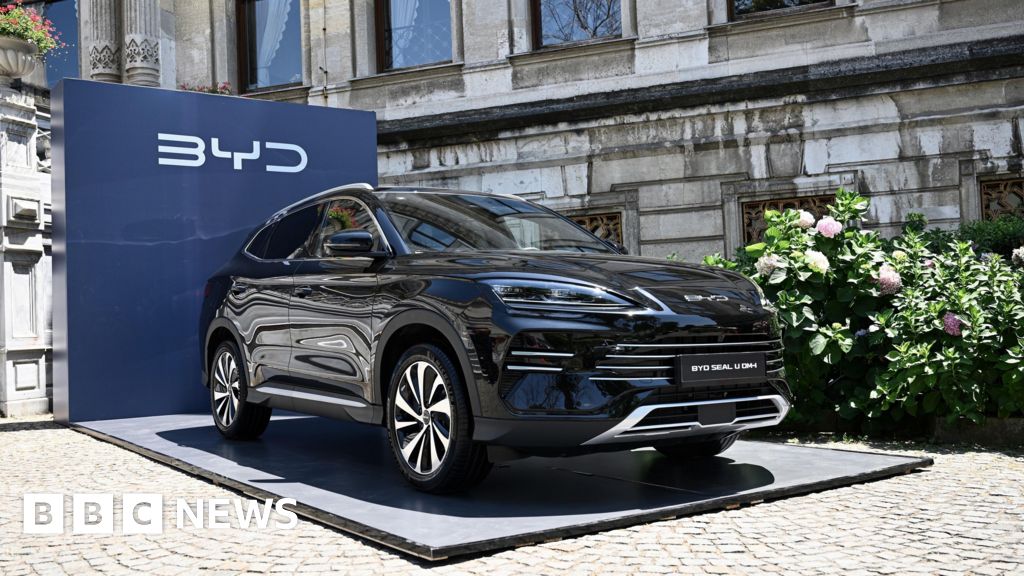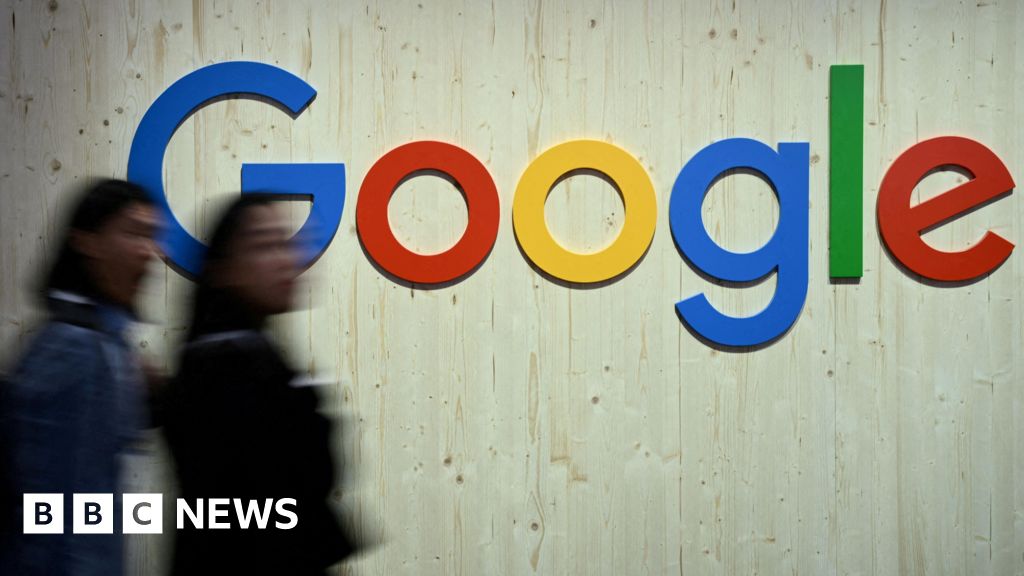Google has signed a deal to use small nuclear reactors to generate massive amounts of energy needed to power its artificial intelligence data centers.
The company says the agreement with Kairos Power will see the first reactor begin using this decade and more operational by 2035.
The two companies did not provide any details about the value of the deal or where the factories would be built.
Technology companies are increasingly turning to nuclear power sources to provide the electricity used by the massive data centers that drive artificial intelligence.
“The grid needs new electricity sources to support artificial intelligence technologies.” Michael Tyrrell saidsenior director of energy and climate at Google.
“This agreement helps accelerate the pace of new technology to meet energy needs cleanly and reliably, unlocking the full potential of AI for everyone.”
Kairos CEO Jeff Olson said the deal with Google is “important for accelerating the commercialization of advanced nuclear power by demonstrating the technical and market feasibility of a critical solution to decarbonizing power grids.”
The plans must still be approved by the U.S. Nuclear Regulatory Commission as well as local agencies before they are allowed to move forward.
Last year, US regulators granted California-based Kairos Power the first permit in 50 years to build a new type of nuclear reactor.
In July, the company began construction of a pilot reactor in Tennessee.
The startup specializes in developing smaller reactors that use molten fluoride salt as a coolant instead of the water used by traditional nuclear plants.
Nuclear power, which is virtually carbon-free and provides electricity 24 hours a day, has become increasingly attractive to the technology industry as it tries to cut emissions even as it uses more energy.
Global energy consumption in data centers is expected to double by the end of the decade, according to Wall Street banking giant Goldman Sachs.
John Moore, industry editor for TechTarget, told the BBC that AI data centers require large amounts of electricity to run and keep equipment cool.
“These data centers are equipped with specialized hardware…that requires a lot of power and generates a lot of heat.”
At the United Nations Climate Change Conference last year, the United States joined a group of countries that want to triple their nuclear energy capacity by 2050 as part of efforts to move away from fossil fuels.
However, critics say nuclear power is not risk-free and produces long-lasting radioactive waste.
last month, Microsoft has reached an agreement to restart operations at the Three Mile Island Power PlantSite of America's worst nuclear accident in 1979.
In March, Amazon said it would buy a nuclear-powered data center in Pennsylvania.

“Extreme travel lover. Bacon fanatic. Troublemaker. Introvert. Passionate music fanatic.”







More Stories
Chinese company BYD surpasses Tesla's revenues for the first time
Dow Jones Futures: Microsoft, MetaEngs Outperform; Robinhood Dives, Cryptocurrency Plays Slip
The US economy grew at a strong pace of 2.8% in the last quarter thanks to strong consumer spending